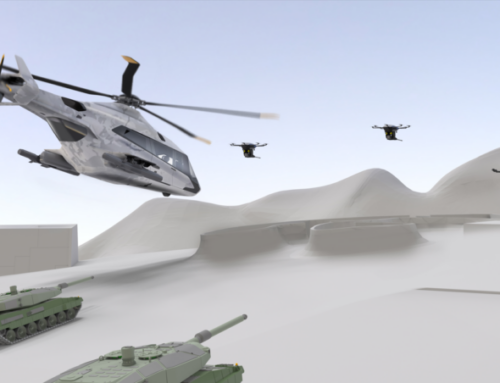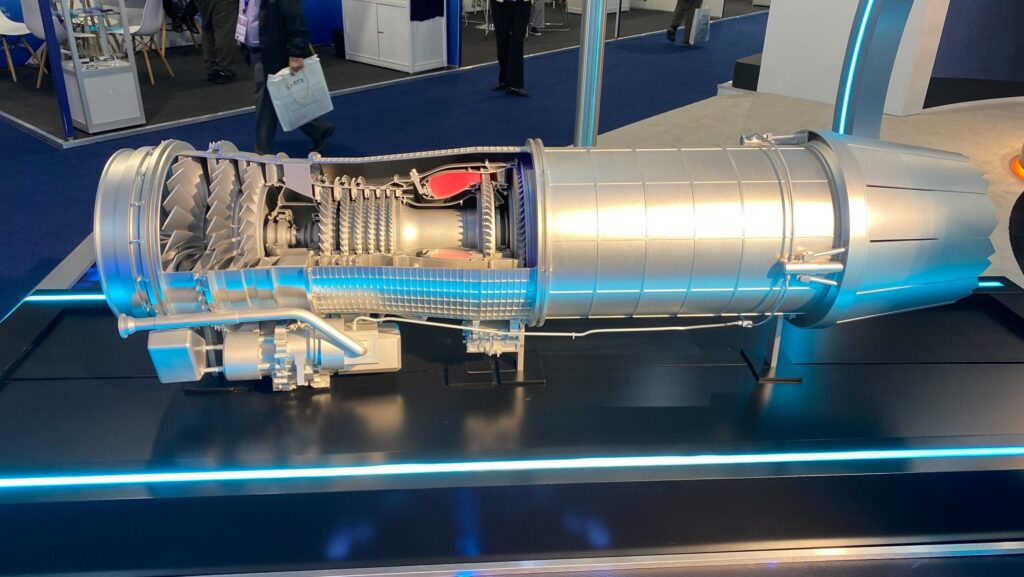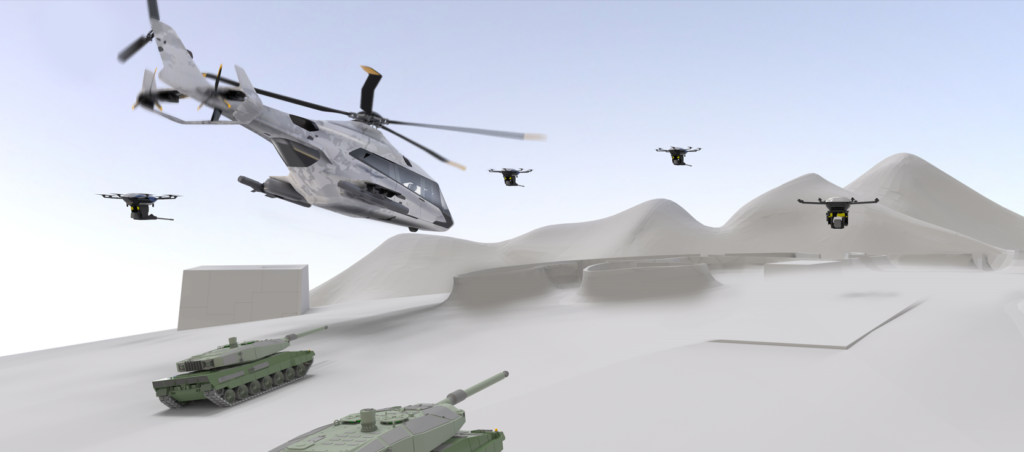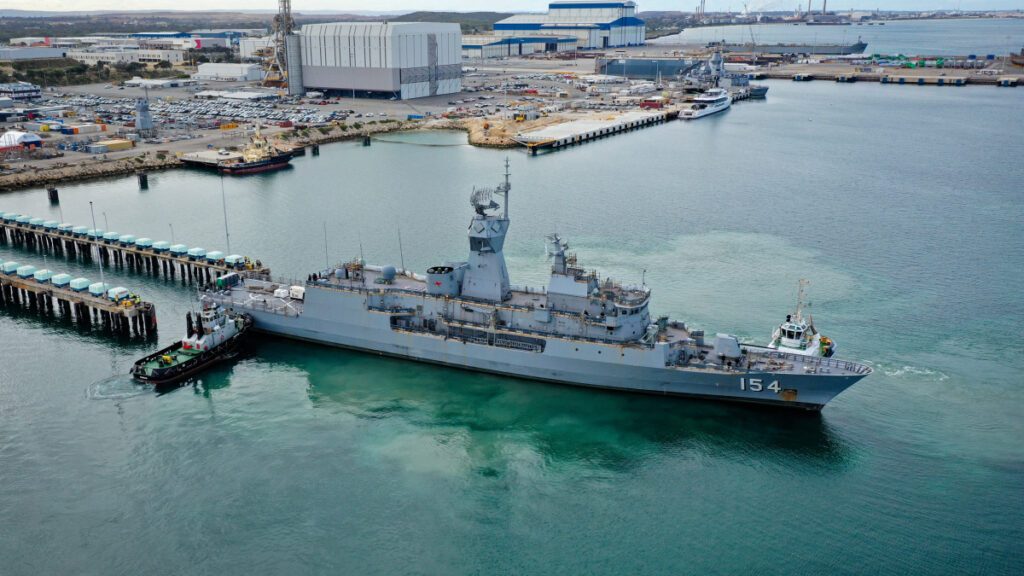Gen. Bryan P. Fenton, commander for the U.S. Special Operations Command, testifies before the House Armed Services Committee in Washington, D.C. March 20, 2024. (DoD photo by EJ Hersom)
SOF WEEK 2024 — The drawdown of US forces from the Middle East and pivot to great power competition could leave one with the impression that demand for special operations forces (SOF) is falling. But top officials from US Special Operations Command (SOCOM) argued today that troops under their command play an essential role in the US’s bid to outpace Russia and China, which they described as a harbinger for something of a revival.
“Strategic competition has been and absolutely is in SOF’s DNA. We’d offer that this era is a bit of a special ops renaissance,” SOCOM chief Gen. Bryan Fenton said at a keynote address at the SOF Week conference here in Tampa.
According to Command Sgt. Maj. Shane Shorter, SOCOM’s senior enlisted leader, the tempo for missions among SOCOM troops is actually rising. Sharing statistics with a mix of industry and government attendees, Shorter said that top officials informed SOCOM its missions “will be needed three times more in this decisive decade.
“In fact, the demand for SOF to support strategic competition has increased year-over-year by over 30 percent,” he continued. Additionally, crisis response events have increased over 150 percent, he said. Shorter didn’t specify quantities or timelines.
Fenton emphasized that special forces will also be in greater need as the character of warfare evolves. One leading reason, he said, is the “convergence of adversaries.” The general didn’t name who he had in mind, though US officials have raised alarm of closer ties between several countries. For example, Iran and North Korea are supplying Russia with weapons to sustain its invasion of Ukraine, while Moscow and Beijing have been seen as deepening their relationship to curtail western influence.
“That certainly has all of us very focused in special operations in the US military, on how we go forward,” he said.
Fenton further pointed to the proliferation of new technologies, like AI, which he said can help operators sift through “the mammoth mountains and glaciers of data that we have.” In a similar vein, autonomy can help operators do much more than they could previously, like network together huge swarms of drones and guide them with a single controller.
“We haven’t seen … the arrival of that many different, I would call ecosystems or capabilities, going that fast together in quite some time,” he said.
And in the backdrop, the demand for contemporary SOF missions, particularly counterterrorism, continues. Many of those operations are concentrated in Central and West Africa, where US troops operate from bases in places like Niger and Chad. But ruling military juntas have now moved to evict US troops from both countries. The US has withdrawn troops from Chad, and negotiations are underway to remove personnel from Niger, CNN previously reported.
Breaking Defense attempted to ask Fenton about the impact of the withdrawals on special operations and counterterrorism campaigns following his remarks, but Fenton’s aides said he would not be taking questions from the press.






![The sights from the 2024 Farnborough Airshow [PHOTOS]](https://centurionpartnersgroup.com/wp-content/uploads/2024/07/IMG_8722-scaled-e1721930652747-1024x577-hZjwVb-500x383.jpeg)




